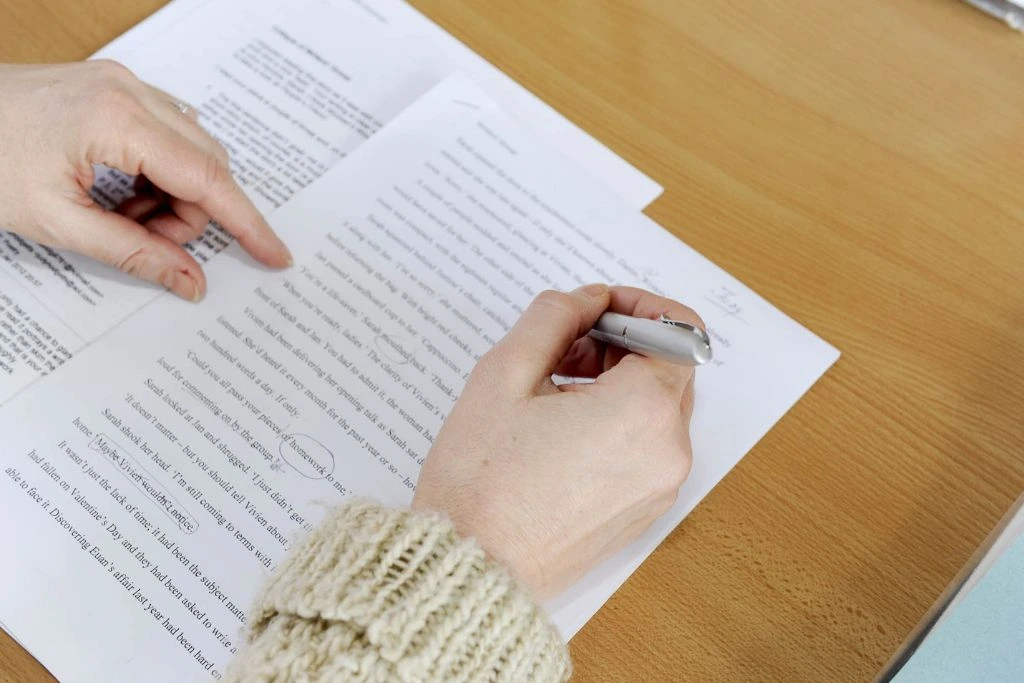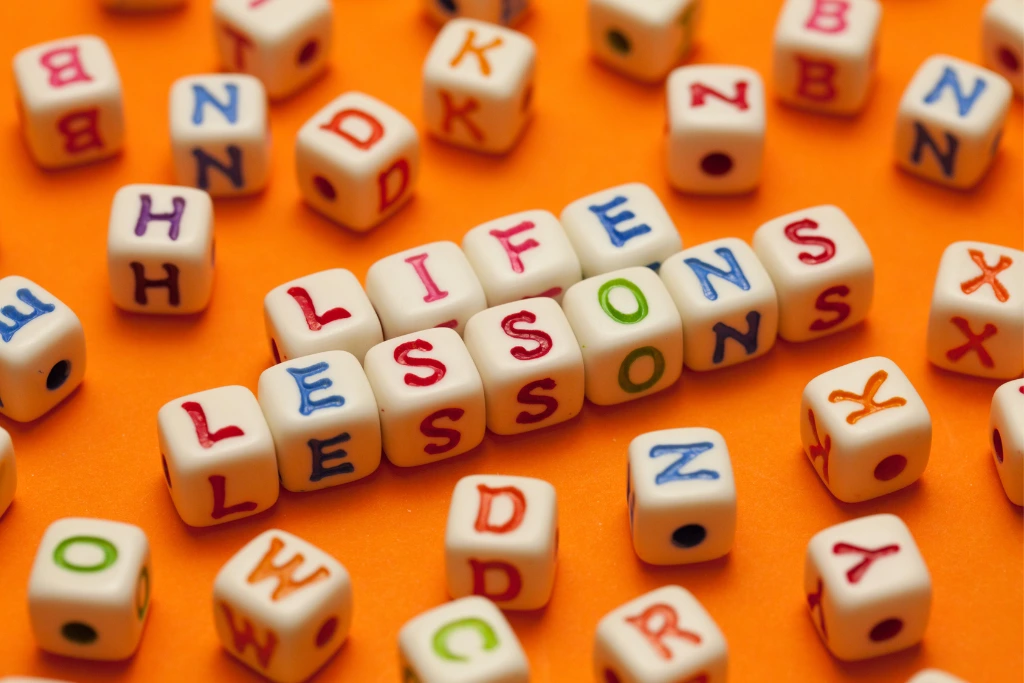
When an interviewer asks you to take an editing test for job interview for the first time, it’s not unlikely that you’ll be confused about what they mean. I felt lost and unprepared during my first editing test for job interview, much as I did during that high school nightmare. However, after getting a few dozen under my belt (most freelancing positions will require at least one), it’s easy to know what to expect and how to prepare. So when can you predict an editing test for job interview? Most likely, when applying for an editorial or freelance position, a PR job will require it as well.
This can certainly be the most challenging part, especially if you must Google “edit test” because you never studied journalism in college. Different companies focus on different areas when creating their editing assessments. As part of the social media editor application process, you might be asked to edit a previous piece or come up with new ideas for the site. When you’re interviewing for a public relations position, you may be asked to write a sample press release or media alert. This is your opportunity to show the interviewer your writing chops unedited and how well you can adapt to the voice of the company.
[Related: Your Ultimate Guide to Informational Interview Etiquette]
- Follow the Brand’s Social Media Platforms.
You can figure out the voice of a company by checking its social media accounts. If you’re already familiar with what they post on Facebook and Twitter, it will make it much easier to provide potential posts for both networks (even if it’s not specifically a social media position). If you want to be prepared for the question, “What other sites or accounts do you follow that are similar to ours?”, compile a specific list of comparable accounts beforehand. This proactive approach can also be beneficial when tackling sample editing tests during the interview process.
[Related: Research and Other Steps to Take Before the Interview]
- Never Be Afraid to Voice Your Thoughts or Seek Clarification.
It’s natural to want to appear infallible, but if you’ve read a prompt several times and are still confused, chances are good that others need help understanding it as well. Instead of faking comprehension, reach out for clarification; the mistake could easily be an editor’s error. Ask for more time if you need it. Editors and potential bosses understand that edit tests can sometimes be sprung on you at the last minute. If you don’t set a deadline, they will. But if you do push it back, they likely won’t mind.
- Generate a Lot of Ideas, Then Narrow Down Your List to the Best Ones.
Since I’m such a big fan of Gwen Stefani, pitching and writing content related to her is always an exciting task for me. After she announced her divorce, I sent in all types of ideas to different websites–from ranking her breakup songs by how likely they are to help her recover, to suggesting guys she should date. (My first choice was Blake Shelton). If the editor can tell that you are passionate about a subject and see that you have adapted your writing to fit the voice of the brand, you will likely be successful.
- Make Sure to Follow Up With the Person Later.
If you put in the effort to produce a high-quality editing assessment and don’t get many responses, don’t be afraid to reach out again. While it’s disappointing if you don’t get the job, at least you can ask for feedback. And, if you enjoyed taking the test (a good indication that you would also enjoy working for the company), tell them you’re interested in future opportunities. You never know where that might lead!
[Related: “I Went On More Than 100 Job Interviews In 8 Months—Here’s What I Learned”]









